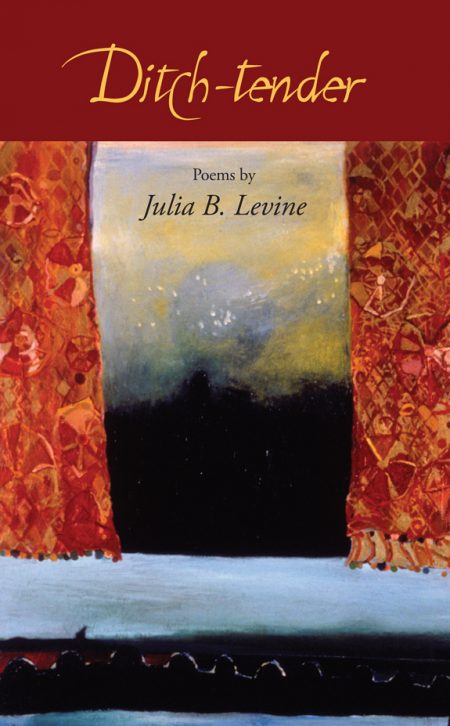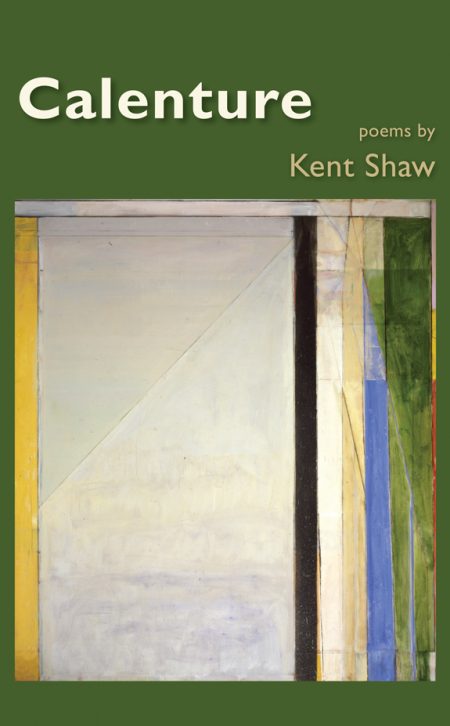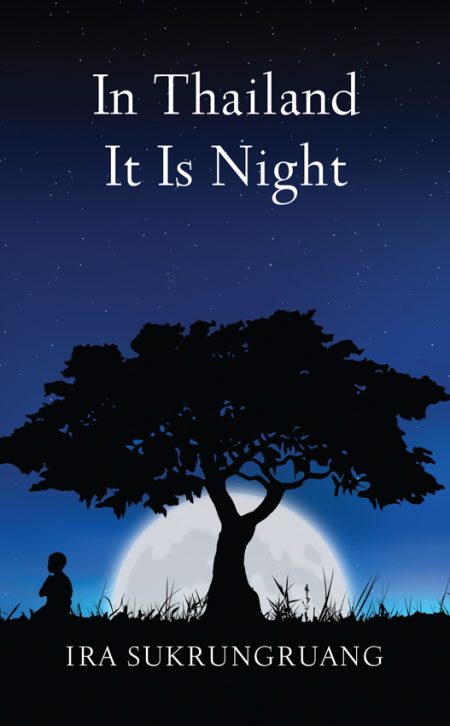In his stunning new collection Making a Kingdom of It, Lance Larsen explores the power of the imagination to forge meaning, comfort, and sacramental relation in an otherwise chaotic and burdensome world. “I want to dip my face in a river,” he states, “and feel/ underwater grass flowing like a mermaid combing/ out her hair.” A spirit of immersion pervades as both an aesthetic and an ethos grounded in the virtue of daily attention and the wisdom of play. “If there’s a god blessing/ this mess,” he writes, “picture a five-year-old holding/ a crayon who says let there be birds….” Call this a book of blessings then whose music would make a life, haunted by its passing, into something we can love.
—Bruce Bond, author of The Dove of the Morning News
Lance Larsen’s Making a Kingdom of It begins with a quote from Djuna Barnes, “There is always more surface to a shattered object than a whole,” which opens the door on Larsen’s rich meditations on brokenness—the minds of elderly relatives, friends injured in accidents, the self, all living in “this glorious broken now.” There are so many beautiful and weird images in this book—the Staple Girl, a female elk with a snout covered in pollen, a giddy list of kisses, compost that among its many guises is likened to “a bed for Osiris.” This is a religious book in its reverence for the broken world and all its blessings and beauty that you will carry with you long after you turn the last page.
—Barbara Hamby, author of Holoholo
Lance Larsen sees the sacred in the profane in this witty, skillful, and penetrating book of griefs and joys, of transient and ultimate things. He doesn’t just find a kingdom but creates one for himself and for us in poetry.
—Edward Hirsch, president of the Guggenheim Memorial Foundation and author of Stranger by Night
Lance Larsen’s Making a Kingdom of It shimmers with the already-and-not-yet of the Divine. His childhood narratives, for example, become the means of unusual theological longing: he is seldom fulfilled yet he never despairs. Whether toward a sky that tempers grief before St. Catherine’s decapitated head, it is wonder that leads these poems. The gift for us is an alternative to the binaries of belief and, instead, comfort in the thresholds of faith.
—Martha Serpas, author of Double Effect
Paperback Edition | $12 On Sale! (originally $16)
Hardcover Edition | $19 On Sale! (originally $25)




